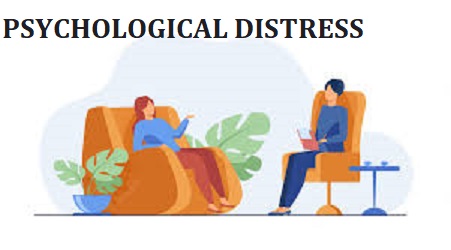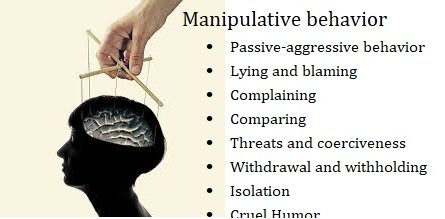Distress
Distress refers to an unpleasant emotion, feeling, thought, condition, or behavior. Distress can affect the way you think. It can also make it hard to deal with any symptoms, treatment, and side effects of health-related issues.
It can be characterized by feelings of sadness, anxiety, and hopelessness. Distress can be caused by a variety of factors, including life events such as the loss of a loved one, relationship problems, financial difficulties, and health problems.
It’s important to address distress in a timely manner, as it can have a significant impact on overall well-being if left unmanaged. If the distress is causing significant disruption in your life or causing you to have thoughts of self-harm, it’s essential to seek professional help.
Psychological distress
Psychological distress is a state of emotional or mental suffering that can occur as a result of various factors such as stress, trauma, and life events. It can manifest in various ways, including anxiety, depression, and emotional turmoil. Psychological distress can affect a person’s ability to function in daily life and can also manifest in physical symptoms. It can be acute or chronic and may require professional help to manage.
Causes of psychological distress
- Stress
One of the most common causes of psychological distress is stress. Stress can come from a variety of sources, including work, relationships, and financial problems. When stress becomes chronic, it can lead to mental health problems such as anxiety and depression. Stress can also have a negative impact on physical health, increasing the risk of heart disease, stroke, and other health problems.
- Trauma
Trauma is another common cause of psychological distress. Trauma can be caused by a single event, such as a car accident or natural disaster, or by ongoing experiences, such as abuse or neglect. Trauma can lead to post-traumatic stress disorder (PTSD), which is a condition characterized by flashbacks, nightmares, and avoidance of situations that remind the person of the traumatic event.
- Life events
Life events, such as the death of a loved one, a divorce, or the loss of a job, can also lead to psychological distress. Grief, a natural response to loss, is a normal process, but when it becomes prolonged and overwhelming, it can lead to problems such as depression.
- Health issues
Medical issues can also cause psychological distress. For example, chronic illnesses or injuries can lead to feelings of hopelessness, depression, and anxiety. Medical conditions such as cancer, heart disease, or diabetes can also cause a person to experience significant stress and emotional turmoil. The uncertainty and unpredictability of medical conditions can also contribute to psychological distress.
Symptoms of psychological distress
Symptoms of psychological distress can vary depending on the individual and the specific condition, but some common signs include:
- Sad
- Fearful
- Angry
- Feelings of hopelessness, helplessness, or worthlessness
- Loss of interest in activities
- Difficulty concentrating
- Changes in sleep or eating patterns
- Irritability or agitation
- Suicidal thoughts
- Out of control
- Unsure of their faith, purpose, or meaning in life
- Like they want to pull away from people
- Concerned about illness
- Concerned about a home or social role (as a father, mother, friend, caregiver, etc.)
- Depressed, anxious, or panicked
Psychological distress can be monitored using various assessments and self-report measures such as the Patient Health Questionnaire (PHQ-9), the Generalized Anxiety Disorder 7-item (GAD-7) scale, and the Kessler Psychological Distress Scale (K10). These measures typically assess symptoms of depression, anxiety, and overall psychological distress. It’s important to note that self-report measures should be used in conjunction with clinical interviews and other forms of assessment to obtain a comprehensive understanding of a person’s mental health status.
Treatment for psychological distress
There are several treatment options available for psychological distress, including:
- Psychotherapy: This includes talk therapy with a licensed therapist or counselor. They can help individuals understand and work through their emotions, thoughts, and behaviors related to their distress.
- Medication: Antidepressants and anti-anxiety medications can be prescribed by a doctor or psychiatrist to help manage symptoms of psychological distress.
- Self-care: Engaging in activities such as exercise, healthy eating, and getting enough sleep can help improve overall well-being and reduce symptoms of psychological distress.
- Support groups: Connecting with others who are going through similar experiences can provide a sense of community and validation.
- Mindfulness-based therapies: Mindfulness-based therapies such as yoga, meditation, and cognitive-behavioral therapy can help individuals develop coping strategies, improve emotional regulation and reduce symptoms of distress.
It is important to note that what works best for one person may not work for another. It’s crucial to work with a mental health professional to develop a treatment plan that is tailored to the individual’s specific needs and preferences.




